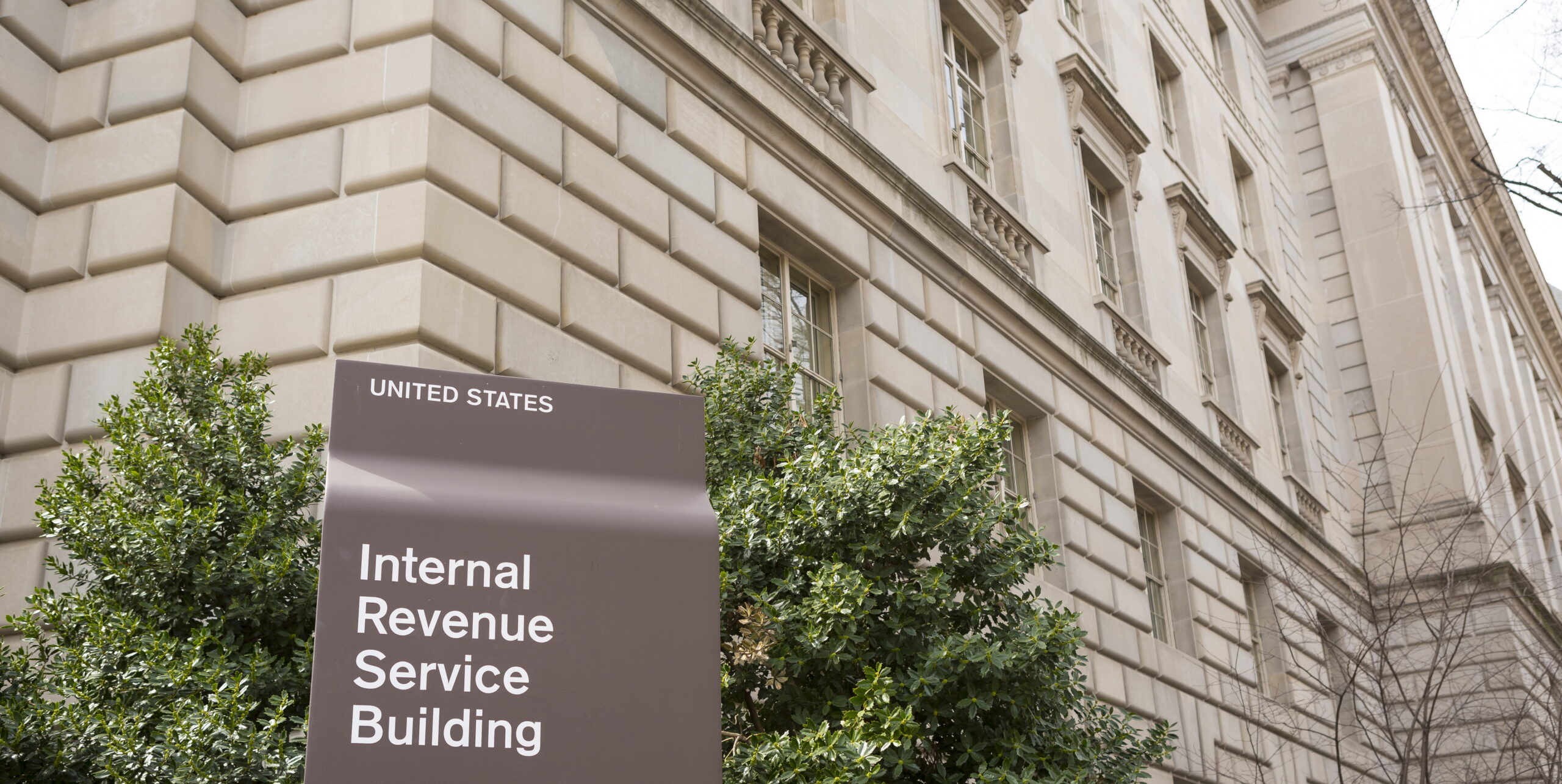
The House Select Committee on the Climate Crisis on June 30 released its blueprint for “Solving the Climate Crisis.” The plan proposes a menu of mandates and incentives for multiple industry sectors – including commercial and residential real estate – with a goal to achieve a 100% “net zero” emissions U.S. economy by 2050. (Summary of the 547-page report)
- The plan is widely viewed as a roadmap the Democrats may follow for developing climate policy legislation after the November elections. The plan is currently not expected to see any action in the GOP-controlled Senate. (Axios, July 1)
- A series of 1-page summaries describes specific recommendations to reduce GHG emissions for “Buildings” – and for the “Electricity,” “Financial Risk,” Transportation,” and “Manufacturing” sectors.
- The “Buildings” summary covers both new construction and existing buildings. It includes proposals to:
- Set federal energy benchmarking requirements for commercial buildings (which a number of states and localities have already adopted);
- Eliminate emissions from new buildings by 2030 by incentivizing states and cities to adopt net-zero codes;
- Use tax incentives to drive commercial building retrofits;
- Boost onsite clean energy generation by increasing tax incentives and rebates;
- Reduce emissions from building construction by incentivizing building reuse and requiring federal buildings to use lower-emission building materials;
- Increase availability of energy efficient affordable housing; and
- For federal buildings, enact heightened standards for deep energy retrofits and emissions intensity targets.
- Select Committee Chair Kathy Castor (D-FL) stated, “Our plan will put people back to work and rebuild in a way that benefits all of us. That means environmental justice and our vulnerable communities are at the center of the solutions we propose.” (June 30 news release)
- The Roundtable submitted a comment letter to the Select Committee during its public participation period (see Roundtable Weekly, November 22, 2019).
- The Roundtable’s recently released 2020 Annual Report affirms a proactive “Energy and Climate” policy agenda developed by its Sustainability Policy Advisory Committee, chaired by Anthony E. Malkin (Chairman, President and CEO, Empire State Realty Trust) and vice-chaired by Dan Egan (Senior Vice President, Vornado Realty Trust).
The Empire State Building’s successful sustainability efforts are the focus of a recent Washington Post profile, which details the “deep retrofit” led by Malkin and completed in 2010. “A decade later, the Empire State Building saves more than $4 million a year on its electric bill; the project is expected to pay for itself twice over,” the Post reports. (Empire State of Green, May 27, 2020)






